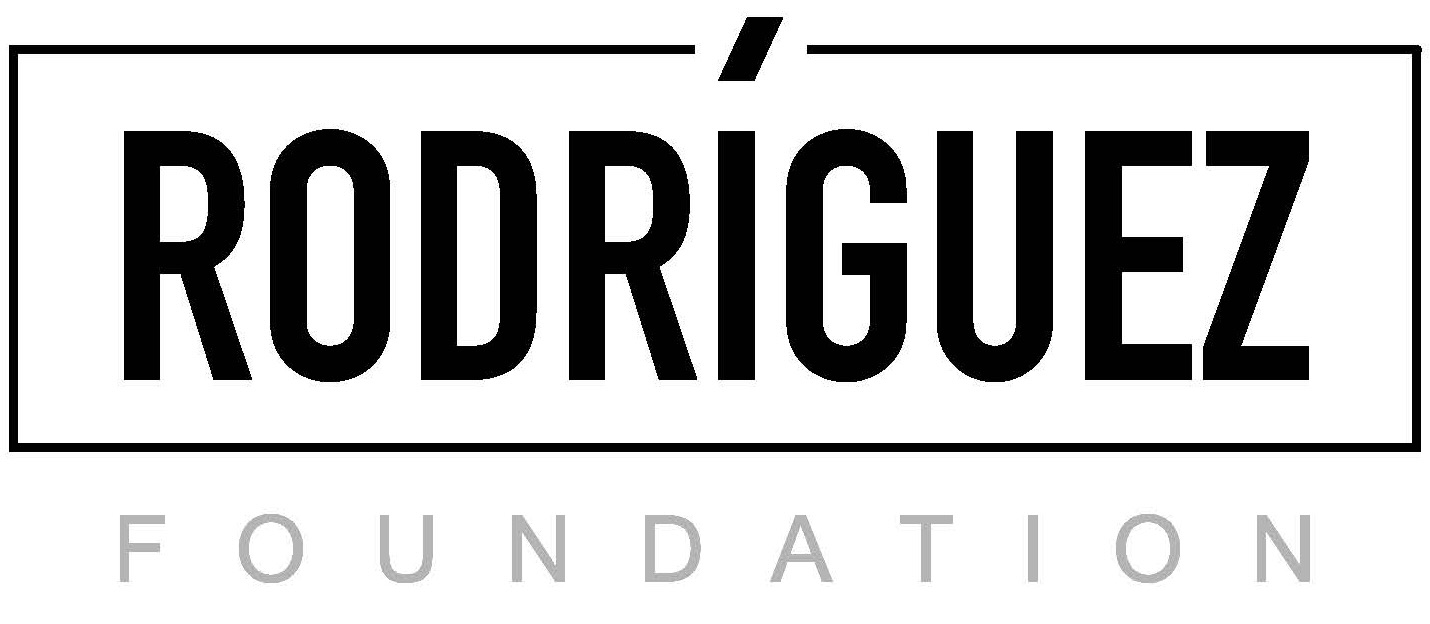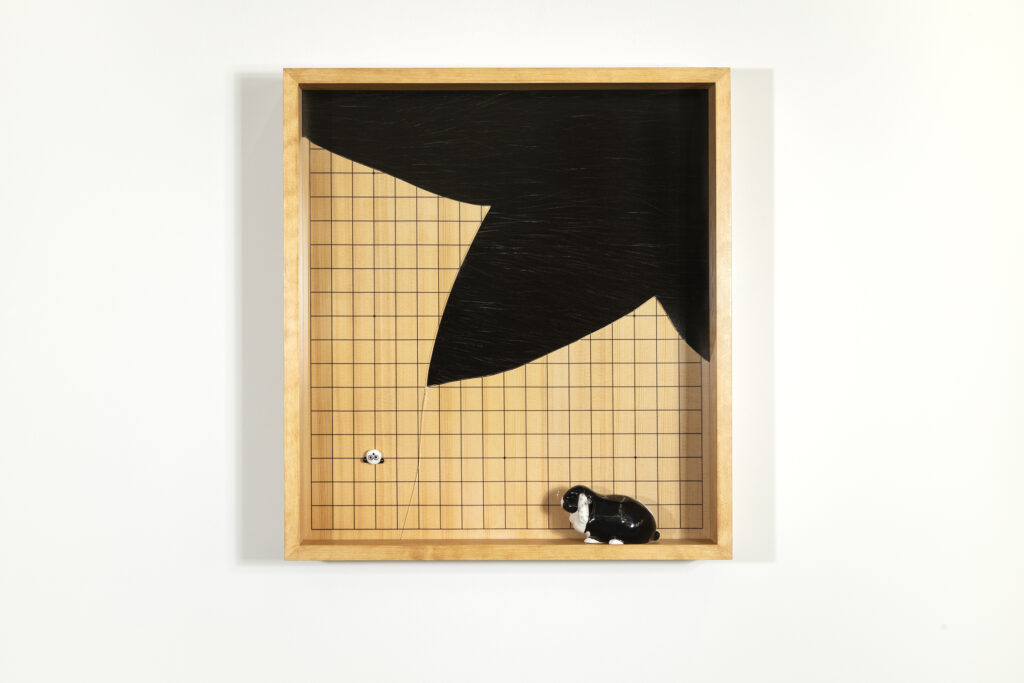Michal Martychowiec
After
19.04 - 20.05.2024
We are all cognizant of works of art created ‘After’ historically significant masters. This emulation of historical artistic styles found fervent favor during the 19th century, a period marked by its fervent assemblage of cultural heritage. This method persisted into the era of post-modernity, coinciding with conceptual frameworks such as ‘the end of history’.
Curiously, one might argue that works in this style often manifest a historical regression rather than progression within the historical narrative. Even if we concede that post-modern pastiches occasionally bear traces of social commentary, the very term ‘after’ holds roots in Old English, stemming from ‘æfter’, evoking notions of succession or development, as evidenced by its affixation in ‘æftercnēoresu’—a term denoting posterity.
It is plausible that the inquiry into the ‘historical significance’ of such endeavors is fundamentally misconstrued. This inquiry emerges from the modern paradigm of linear societal progression and a West-centric worldview, presupposing the establishment of an ultimate cultural and societal zenith. This trajectory, heralded by Fukuyama as ‘the end of history’, envisions a culminating point wherein societal evolution attains perfection.
Yet, the human condition inexorably craves growth, prompting a perpetual quest for advancement and improvement. Nonetheless, such endeavors must be contextualized within a broader historical continuum. Consequently, it is not surprising that in the wake of seismic cultural revolutions such as those witnessed in Europe (modernity) or China (the Cultural Revolution), artists often find themselves in pursuit of historical positioning.
Hence, the adoption of styles denoted as ‘After…’ reveals a contemporary impulse to establish a connection with history in the postulated aftermath of its supposed conclusion.
In his practice, Martychowiec frequently engages in a critical interrogation of the perceived historical import attributed to art within cultural and societal frameworks. By deftly invoking a spectrum of art-historical references, the artist systematically challenges the conventional conception of linear historical progression, wherein history unfolds from a discernible beginning toward an anticipated end, and assesses the pivotal role accorded to art within this narrative. While acknowledging the inevitability of societal metamorphoses, Martychowiec provocatively contends that such transformations invariably denote neither progress or regress. In his exploration, the artist underscores the notion that the contemporary epoch is not a mere point adrift on the historical continuum; rather, it represents a dynamic ‘now,’ shaped by whatever we can read of the past, and however we can dream of the future.

